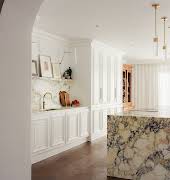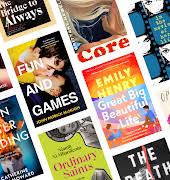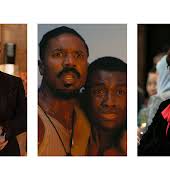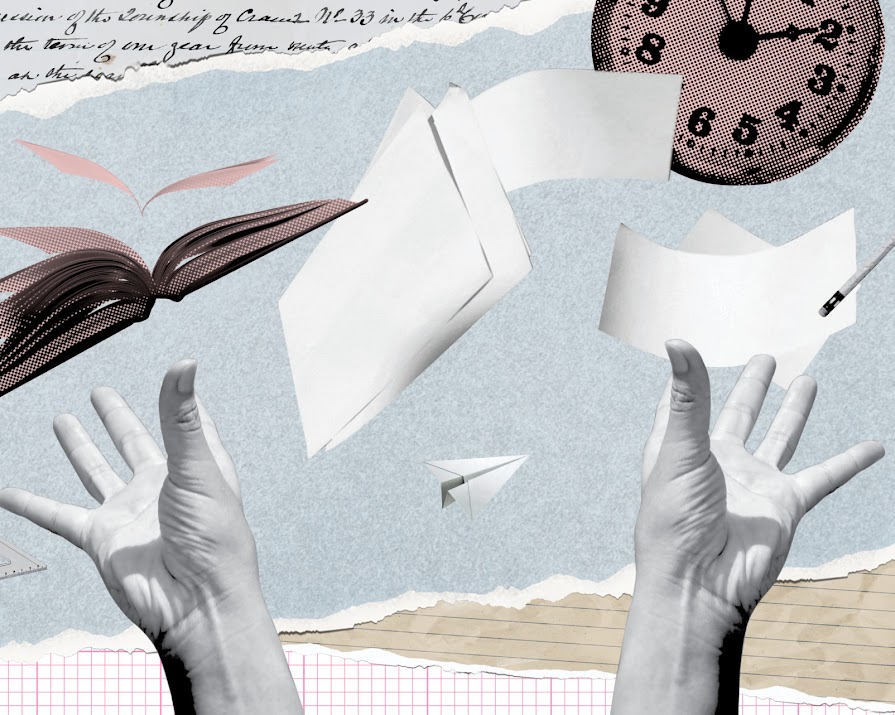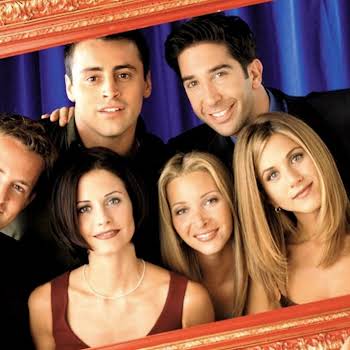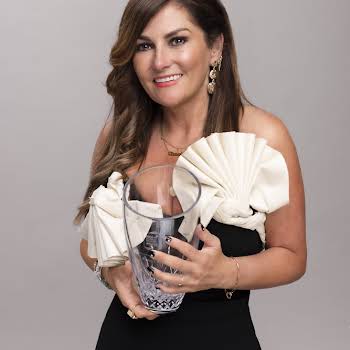
IMAGEWrites: Lucy White remembers the horrors of the exam hall and wonders why the system has barely changed
By Lucy White
17th May 2020
17th May 2020
As the government wrangles with its “Plan B”, our writer remembers the institutional horrors of the exam hall and wonders why the assessment system has barely changed in two centuries
After several weeks of limbo, students and parents recently learned that this year’s Leaving Cert would be cancelled. And while not everyone is convinced that the alternative is fair – grades or points based on a combination of in-school assessments and class rankings – it is surely better than expecting anyone to memorise two-year’s worth of facts, figures and other peoples’ theories for a paper that you have a few high-pressured hours to complete and whose answers will apparently dictate your entire future.
I am neither a teacher or a a parent, however I was once a student, and I remember only too well the debilitating anxiety of taking exams. Not that we used the word “anxiety” in the 1990s; it was just “dread” and “nerves”. But that’s just semantics.
No matter how well you apply yourself during term time, then or now, the pressure to perform under the watchful eye of an invigilator is pure terror. Having a short-term photographic memory is a party trick at best; to have your career prospects riding on it is a nonsense.
Lessons in lockdown
Two years ago, a DCU research team led by Dr Denise Burns investigated written exam papers in 23 subjects between 2010 and 2015. They proved what we all know: that exam papers “dictate a heavy focus on memory recall,” while students prepare for exams by predicting questions and learning answers, because that’s what delivers results. Results that say nothing about analysis, creative thinking or problem solving, all of which are skills needed for the workplace and, indeed, for life.
Could the lockdown be the perfect time for educational bodies to really look at existing structures?
If the primary pillars of universities include critical thinking, debate and metacognition, why are schools grading purely on recall? Learning reams of text off by heart is certainly a skill – for an actor. But for everyone else, it’s a wasted opportunity.
Could the lockdown be the perfect time for educational bodies to really look at existing structures, and identify what exactly is fit for purpose in the 21st century? After all, the first public exams were introduced to Ireland and the UK in the mid-1800s and we’ve been going through the same motions of schooled assessment ever since.
“Their answers, even when accurate, showed a general uniformity of expression which seemed to imply that meagre handbooks had been placed before the Students (…) and that little attempt had been made by their instructors to excite the interest of their pupils by questionings or remarks of their own.” This assessment, by one of the University of Cambridge Local Examinations Syndicate examiners in 1858, could equally apply to exams now, as could the timeless three-hour exam-hall purgatory of sweaty hands, a ticking clock, scratching pens, a pacing invigilator and internal screams.
Maths mayhem
Maths was my nemesis, and at the beginning of secondary school, for some unknown reason, I was put in the advance class. The following year I was relegated to intermediate, which I worked hard to stay in, but dreaded each session. It just wasn’t my forte, and I was such a bag of nerves before my GCSE exam (Junior Cert equivalent) that I was retching in the toilet beforehand. Unsurprising to no one, I got an E grade…
This horrified our Head of Sixth Form, who also taught advanced maths. She insisted I retake the GCSE and despite having already started my English Literature and Theatre Studies A-levels (Leaving Cert equivalent), and planning to apply for Bachelor of Arts degrees. She scared the crap out of me – but maths exams scared me even more, so I steadfastly refused and, funnily enough, I didn’t need algebra at art school any more than I’ve needed it in journalism. So screw you, Mrs Greening-Lewis. I knew what was best for me and it wasn’t dry-heaving in a school lavatory.
Had I been graded on two year’s worth of course- and class-work, and not two hours’ of torture following weeks of arduous study, I might have scraped a C. A similar story for my History of Art AS-level (a one-year term of a two-year A-level), which I got horrifically wrong after getting my Italian sculptors mixed up (sure, Renaissance sculpture all looks the same, right? Right??). After a year of getting no less than a B in essays I came out with a shameful F… even worse than my maths grade!
And yet the questions I’m far more likely to get right on University Challenge and Mastermind are history of art related… so, again, screw you, exams, which I managed to avoid altogether in my BA (Hons) Cultural Studies degree, which was fairly marked on final-year projects. That I went from art school to journalism is another story.
My argument isn’t about whether forecasted grades for the Class of 2020 is fair; we know from the British examination system that students from low-income homes are more likely to have their grades under-predicted compared with those from high-income backgrounds. Clearly Ireland’s “Plan B” needs to find ways of avoiding such pitfalls, as well as assess students on their wider merits, ie emotional intelligence, teamwork, etc, not just the three Rs.
My argument here is firmly with exams as a singular concept for measuring future success, and how we might use this lockdown period to consider what might better serve students as they move from school to academia to the workplace in the future – in an economy that has been twice crippled in as many decades, no less. Memory recall; great for virtual quizzes but success comes in… different… sorry, I forgot my train of thought. Oh well. I have other gifts.
Read More: Lucy White invites us to swim in the beautiful silence before lock down ends
Read More: Turns out we weren’t really ‘dressing for ourselves’ all along
Read More: Is anyone else daydreaming about property during the lockdown?


